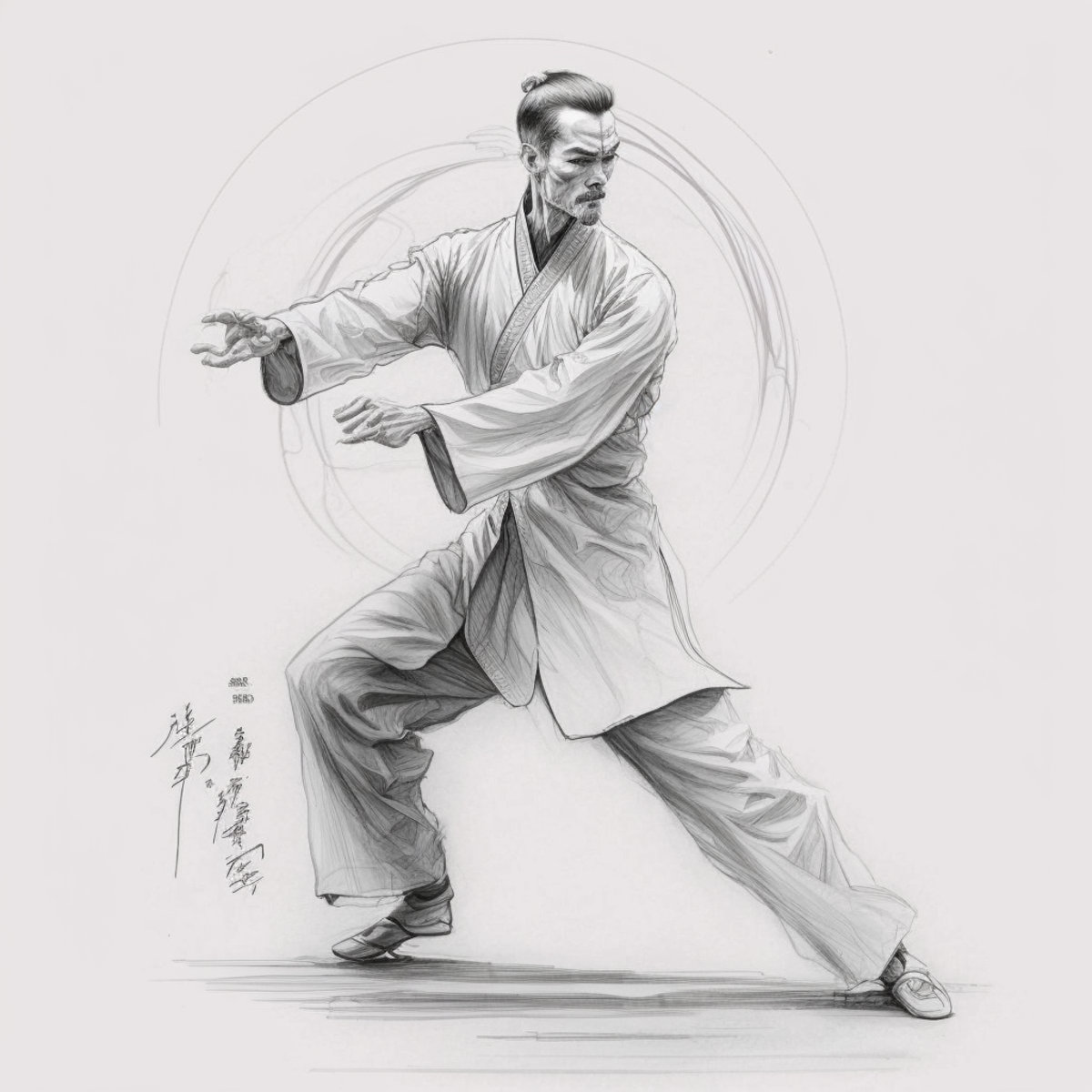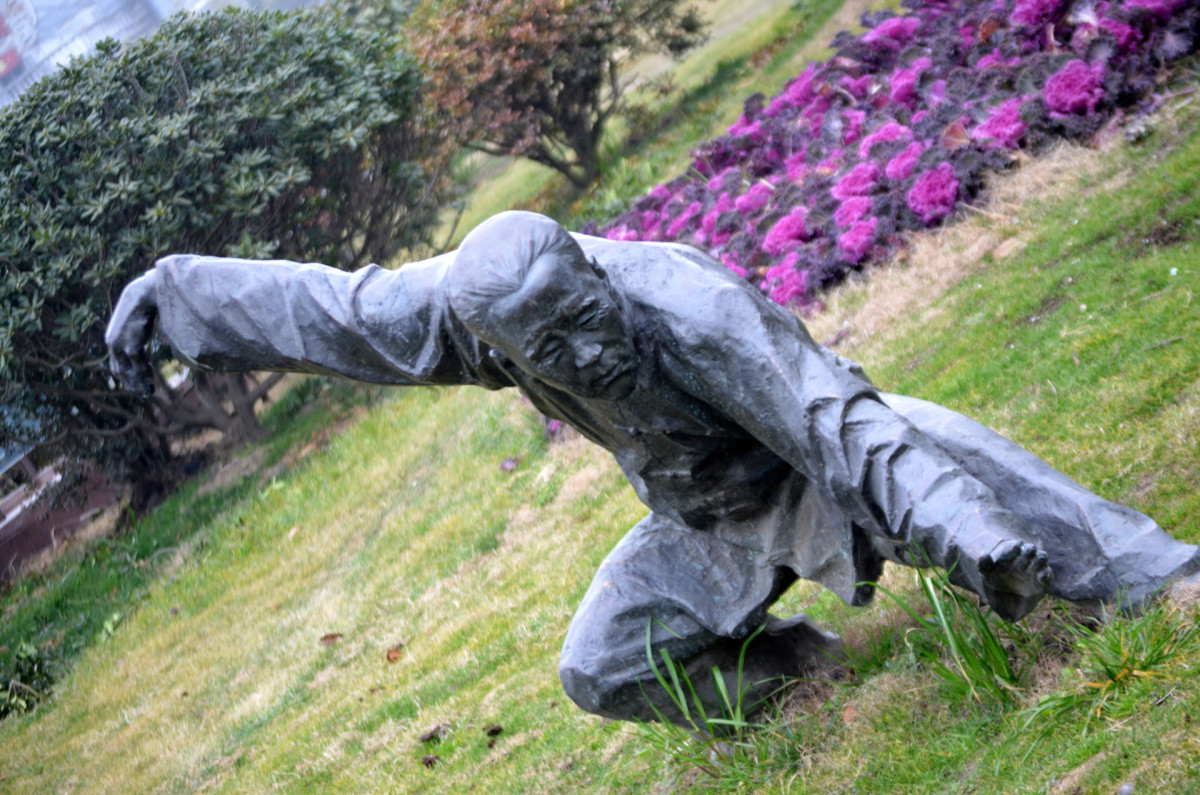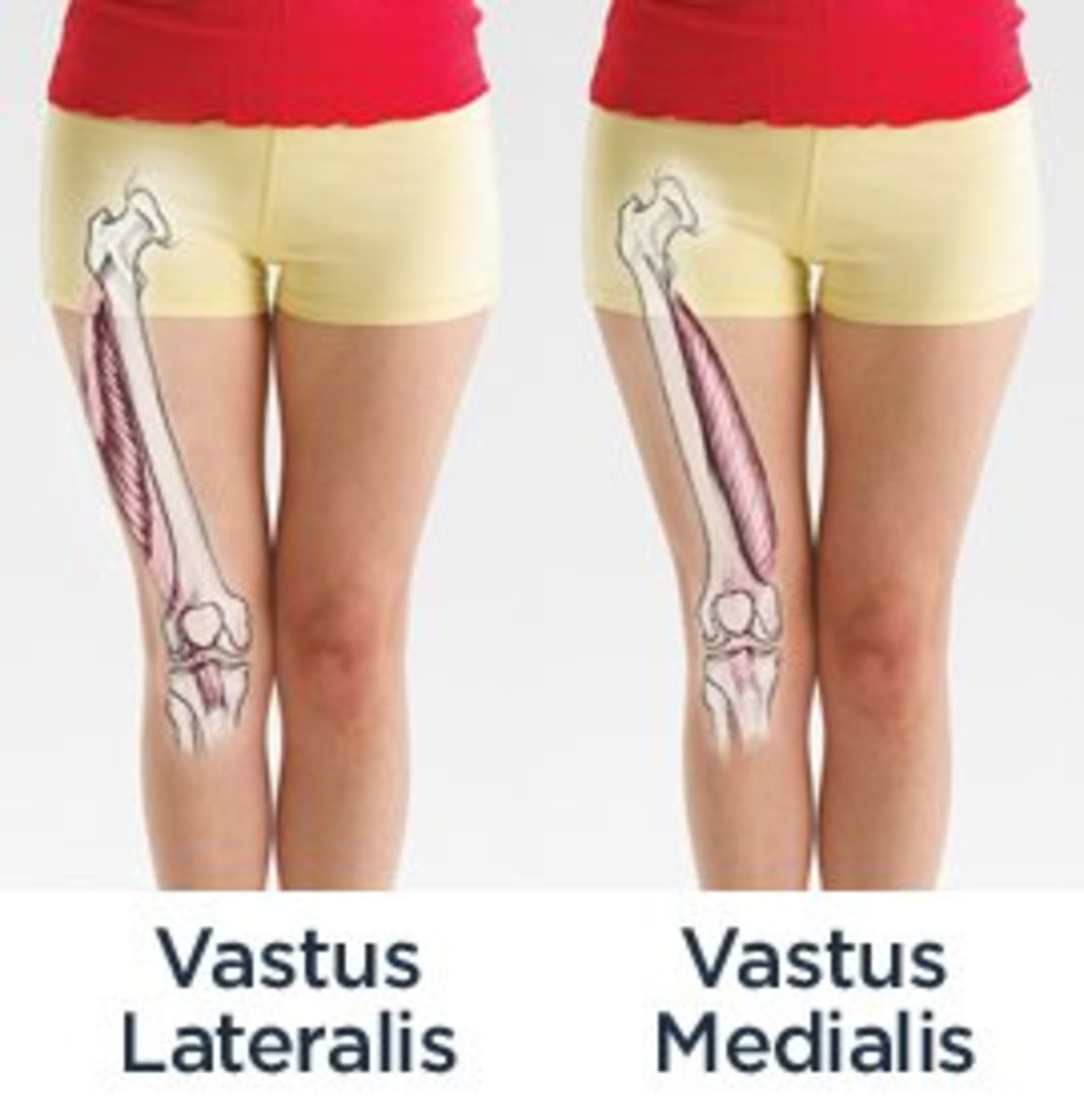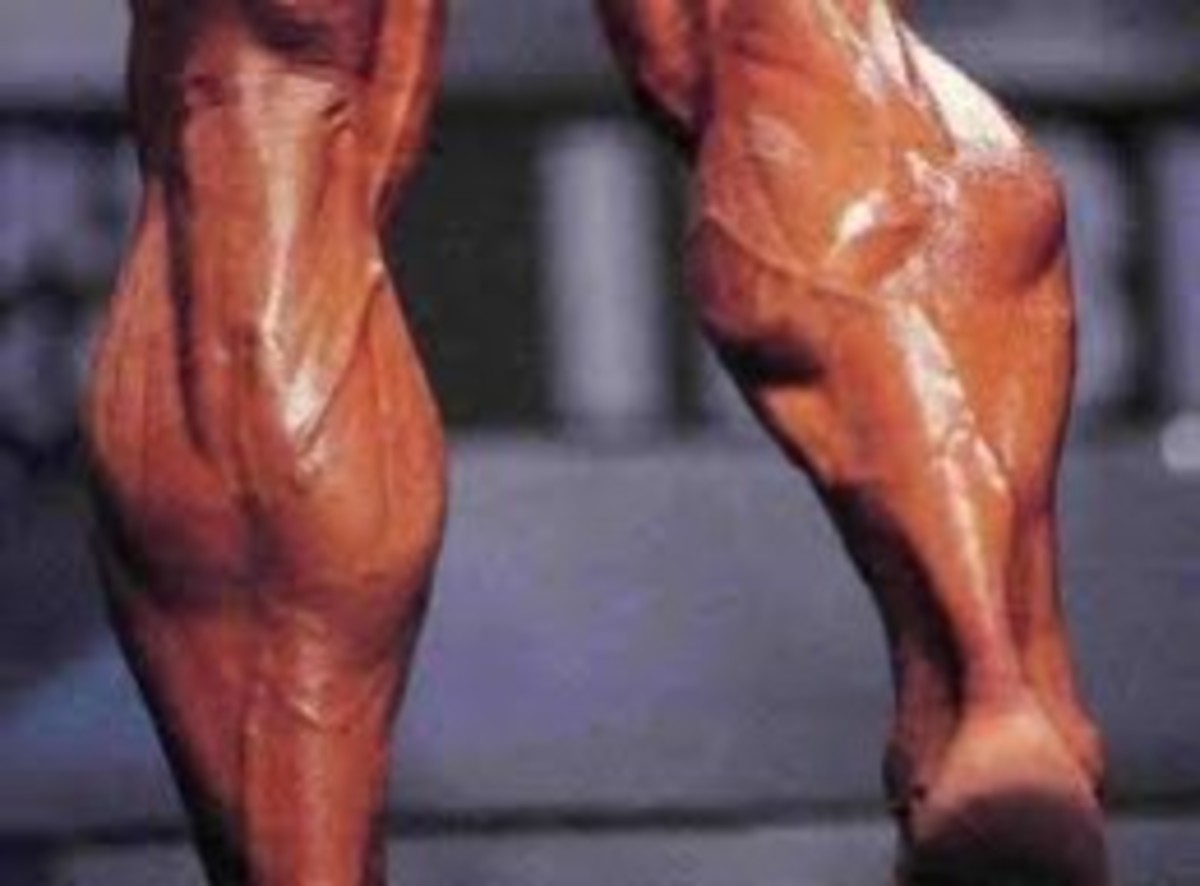Tai Chi for Health: Health Benefits for Mind and Body
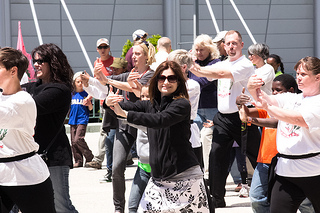
What Is Tai Chi Chuan?
Tai chi chuan, often referred to as tai chi, is a centuries old form of martial art. In more recent times, tai chi has been embraced as an exercise style/program. The styles of tai chi and their variations that are practiced as an exercise form have been embraced through complementary and alternative medicine; it is being increasingly embraced by the traditional medical community now, too, as an adjunct to traditional treatment.
In the United States alone, 12.5 million adults practiced tai chi in a survey completed in 2007 by the National Health Interview Survey.
Features of Tai Chi: Low Impact, Gentle Movements
Tai chi employs gentle movements that flow from one to another. The traditional form of tai chi is a low impact, weight-bearing exercise, but there are also tai chi movements that can be done while sitting.
Observing a group doing tai chi is unlike observing nearly any other exercise group. The music will be soft and low key and the quiet movements of the participants is mesmerizing. Slow, soft movements that are choreographed to move from one to another; there is no frenetic movement, no trying to keep up with the leader. The individuals look relaxed and almost stately as they move through their routine.
The movements of tai chi mimic those seen in nature. One of the legends of the origin of this martial art/exercise form relate that it stemmed from 13 movements that simulated the actions of animals.
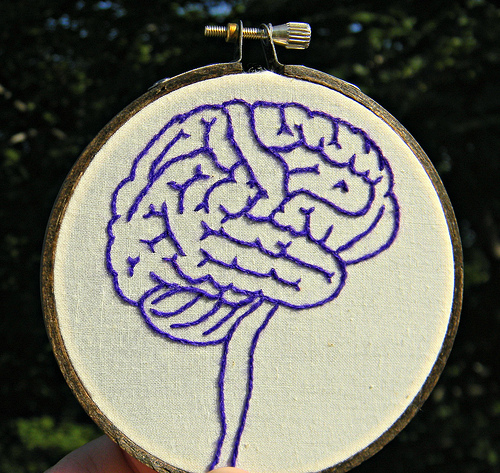
How Tai Chi Benefits the Mind
During tai chi exercise, it is important that the individual concentrate on both their breathing and posture. This concentration, coupled with the physical movements and concentration needed to perform each one, allows the individual to be perfectly present in the moment. There is no room for other thoughts; the discipline of tai chi results in a meditative state.
For the duration of the session, whether it be individual or group, you are freed from the worries of the day. For the 15, 30, or more minutes you are performing tai chi, your mind and body are one. Anxiety, sadness, or pressing problems are put aside, allowing your mind and body to rest.
Early research suggests that tai chi relieves stress, improves your overall feeling of well-being, and reduces anxiety and depression, according to MayoClinic.com. Tai chi may also improve your sleep quality.
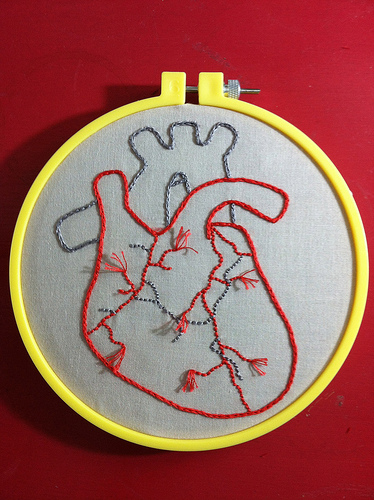
How Tai Chi Benefits the Body
Like any form of exercise, tai chi aids in increasing blood circulation. The return flow of blood to the heart from the veins in your lower legs depends in part on muscle movement. The breathing done during tai chi aids in better oxygenating your blood, which may increase the oxygen your brain receives.
The practice of tai chi helps to improve balance and flexibility. Coordination and strength are improved, as is overall wellness. Tai chi helps some people reduce pain and stiffness and increases energy and stamina.
This exercise form is also promoted for older adults to aid in decreasing falls and improving cardiovascular fitness. Some cardiac rehabilitation programs are now incorporating tai chi into their programs.
Tai Chi for Health; Dr. Paul Lam
The Mind/Body Connection of Tai Chi
The mind/body connection effects of tai chi are more difficult for scientists to test than those of the mind or body singly. Traditional medicine -- Western medicine -- depends on the scientific method of clinical research to determine safety and effectiveness of treatments before it can officially embrace them.
Although there is much research ongoing and likely to be done in the future on the benefits of tai chi, it may be a long time, if ever, that traditional medicine will be able to explain and endorse the mind/body connection.
Practioners of alternative and complementary medicines have long recognized the benefits of tai chi to both mind and body by observing the outcomes. It is thought that it's likely the practice of tai chi helps to align the energy force within both the mind and body, the "chi" or "qi."
Seated Tai Chi
Would You Like to Learn More About Tai Chi? Read on...
- Cardio Over 40 | Injury Prevention | Tai Chi
Here are some program suggestions for folks over over to help prevent injury yet give the wellness benefits of daily cardio. Tai Chi is a proven method for long term cardio and muscular exercise with reduced injury risks. - Improving Your Health with Beginner Tai Chi
- How to pick an authentic Tai- Chi Instructor
This article is for people who are interested in the serious study Tai Chi. It gives my opinion of the minimum knowledge an instructor of Tai Chi should have for someone who really wants to learn the art and understand it.
Research into Benefits of Tai Chi
Atherosclerosis and High Blood Pressure: A recently published clinical research study demonstrated that regularly practiced tai chi promotes healthier vessel wall flexibility. This may aid in the reduction of blood pressure because vessel walls that are flexible have more "give and take" to them than the often hardening of the arteries associated with atherosclerosis, a condition many people develop as they age. This study also revealed increased muscle strength in the tai chi participants.
Rheumatoid Arthritis, Osteroarthritis and Fibromyalgia: The results of an analysis of multiple research studies involving tai chi and its benefits for people with rheumatic illnesses, under which all three of these conditions are grouped, was published December 2010. The report, written by a medical doctor, suggests that tai chi is appropriate as a primary therapy tool to decrease pain and promote improved well-being in people with osteoarthritis and/or fibromyalgia. It is also recommended that tai chi is useful as an adjunct therapy in the treatment of rheumatoid arthritis.
Psychological Well-Being: Tai chi has successfully demonstrated through multiple studies that its participants exhibit decreased depression and anxiety. There is also an improvement i mood disturbances and ability to cope with stress, and an improvement in self-esteem.
Parkinson's Disease: There is good news for people with mild-to-moderate Parkinson's disease who practice tai chi reports the Oregon Research Institute. A four year, multi-facility study of the effects of tailored tai chi program practiced twice a week by study participants with mild-to-moderate Parkinson's disease resulted in an improved walking gait, improved posture and decreased falls.
Persistent Low Back Pain: In a randomized, controlled trial in Australia with 160 participants ranging in age from 18 years to 70 years and each with nonspecific persistent (chronic) low back pain, half of the participants were provided 18 40-minute tai chi sessions with a qualified instructor in a 10-week period while the other half of the participants continued with their regular health care. At the end of the 10-week period, the participants who'd practiced tai chi reported improvement in back pain intensity, the "bothersomeness" of the back pain and improved ability to move. Researchers concluded that tai chi is a safe and effective practice for those experiencing chronic low back pain.
These clinical research results are just the tip of the iceberg into what medical science is learning about tai chi.
Tai Chi Has Its Origins in Ancient China
Precautions to Observe with Tai Chi
As with any form of exercise, before beginning a new practice you should consult your health care provider. Althought tai chi is very often endorsed by the health care community as an adjunct treatment in some conditions, only your health care provider can speak to your individual needs and condition. This is particularly true if you are pregnant, have osteoporosis, or joint problems.
Tai chi masters encourage you, whenever possible, to learn the exercises from a credible tai chi teacher. DVDs and other media abound that will instruct you how to do tai chi at home, but only a live person can address any questions you may have or suggest ways to improve your technique to get the most benefit.
Tai chi masters discourage doing these exercises right after eating, if you are very tired, or if you have an infection.
Resources and References
- Tai Chi on psychological well-being: systematic review and meta-analysis
BMC Complementary & Alternative Medicine May 2010 - Tai Chi, arterial compliance, and muscle strength in older adults
European Journal of Preventive Cardiology April 2012 - Tai Chi: An Introduction | NCCAM
Tai chi, which originated in China as a martial art, is a mind-body practice in complementary and alternative medicine. - Tai chi: Discover the many possible health benefits - MayoClinic.com
Tai chi — The gentle movements of tai chi reduce stress and offer other health benefits. - Tai Chi and Rheumatic Diseases
- Tai Chi helps Parkison's Disease - NEJM
- Qigong Institute - Qigong and Energy Medicine Database
Information on tai chi and qigong
This hub is informational only and not intended to be construed as medical advice. Consult your health care provider for information about your individual situation.


